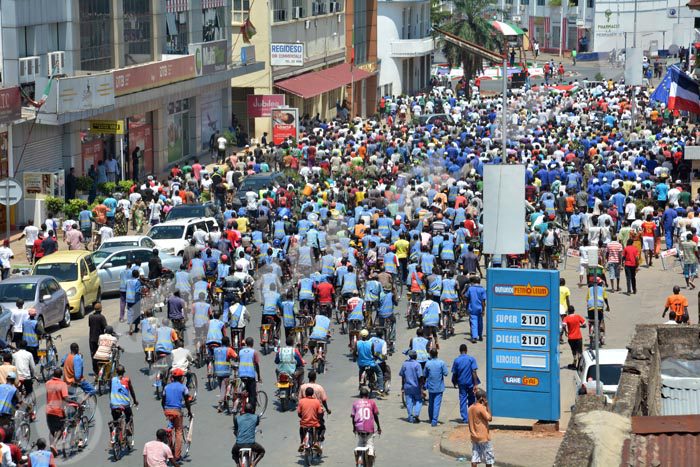
REGIDESO, a public company established by the Democratic Republic of the Congo government, is charged with the production and distribution of water to residential, commercial and industrial customers. It is a public utility firm founded in 1933 and operates within the Department of Mines and Energy of the government.
For many years, consumers have been facing serious challenges, accessing the services provided by the corporation. The services include purchase of the cash power units, recoveries of the water and electricity bills. Consumers take pains to travel long distances to buy their cash power and pay their bills. In addition, they spend harrowing hours in queue to pay for the services.
Good news for consumers; a private company PAYWAY Burundi came with an innovation to ease the burden of the consumers. Payway Burundu opens different interconnected terminals on the Internet that allows instant processing of payments to be made to REGIDESO. Payway’s services have been praised by their users, who now easily access the services of Regideso in their respective quarters.
Is REGIDESO obstructing this innovation?
While many consumers are heaving sigh of relief with the introduction of innovative solution to payment problem to REGIDESO, integration of the innovation into the public firm’s system remains problematic. REGIDESO’s electronic metres are not available in all provinces of the country. This naturally interferes with the smooth operation of Payway Burundi.
At the very least, this innovation is to be welcomed by all. I do not disagree. The main difficulty is that, until today, these Payway services benefit more people in the city of Bujumbura, order than the people living in rest of the country. Inland cities are still least served in terms of electronic meters.
The result is that, only a few Burundians have these electronic meters that can work with Payway. More Payway’s electronic machines are expensive at around 830,000 BIF ($469). The majority of the population does not have the means to invest in this.
In addition to this virtual absence of electronic equipment in rural areas, it should be noted that there is no new infrastructure with new points of sale. No purchase and initiation of new equipment related to sales and collections and the recruitment of additional staff to attend to consumer’s challenges.
For instance, consumers trek from Gitega and Ngozi to where Payway services are only available on the offices of REGIDESO, which is far away. This makes consumers return to the archaic system of doing long distance. Many consumers are offended. It is 45 kilometre from the town of Mutaho to the town of Gitega, and people daily travel on this route, looking for cash power units.
Payway services have come to improve the operational challenges faced by REGIDESO, a concern of the government for years. And even more, Payway has been helping in the reduction of technical and commercial losses in water and electricity. Also, it is helping REGISDESO in the management its large customer base.
To this must be added the optimisation of the water and electricity metering system, the process for the recovery of consumption and the securing of recoveries of receipts. This is not the case in many provinces.
I suggested that REGIDESO serve the electronic meters to the beneficiaries to eradicate the archaic system and to record consumption. REGIDESO should allow Payway to provide it with new payment channels for its customers to improve revenue collection. The government corporation must not obstruct the innovation being introduced by Payway to diversify new points of sale of cash power units to ease the burdens of customers.
- Ferdinand Mbonnihankuye is a Burundian development blogger and freedom advocate



thanks alot of information
Thank you for nice information
thanks for sharing
Very informative blog article.Really looking forward to read more. thank you for your article post
How might private innovation in water production and distribution contribute to economic growth and efficiency in Burundi, as demonstrated by EGIDESO in the Democratic Republic of the Congo?